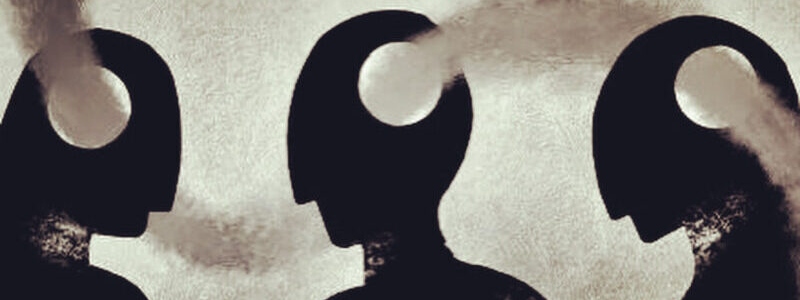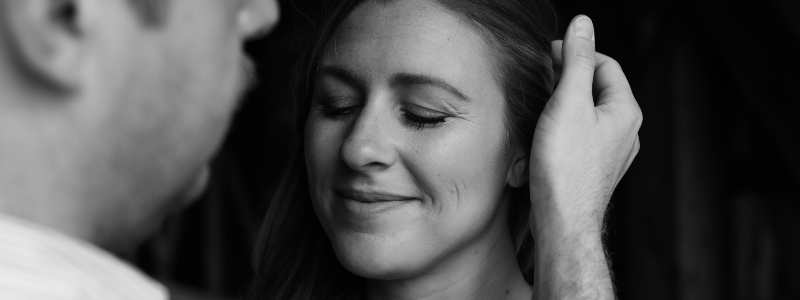I explored the use of pornography and its presence in society in previous blog. In thinking about pornography, there is the question of why some people might become habitual users. What part might childhood trauma play in the development of compulsive use of pornography?
Trauma, attachment and anxiety
The experience of trauma in formative years can have a marked impact on the individual when they become sexually active and might be using pornography. Trauma can take various forms and can lead to feelings of difficulty expressing emotions and in forming close relationships.
The connection between trauma and the difficulty in forming close relationships, originates in how the child who experiences trauma is related to. The experience that the caregivers are not able to hear and support the child in expressing and exploring their emotions, shapes the child’s sense of the bond that exists between them. When this bond, or attachment, is not good and secure, the child feels that they are not worthy of care, love and attention and of being ‘attached’. This is when they learn that close relations are not reliable and so are to be avoided. In the sexually active adult, the expression of this may well be that sexual intimacy feels difficult.
The vulnerability that is present when being sexually intimate can feel overwhelming and make such encounters difficult, if not impossible. The desire is there, but the anxiety that it induces makes it something to be avoided.
Pornography: the reliable relationship
Looking at the adult who has experienced trauma in childhood and finds close relationships difficult, how might we conceptualise their relationship with pornography? Against the background of trauma and the resulting poor attachment do we seek out reliable relationships? Looking for something that meets the need for sexual intimacy, yet doesn’t have associated anxiety about that comes with closeness?
Pornography could be seen to meet that need. It is intimate, yet it is impersonal. One can be sexually potent, engaged and satisfied without the anxiety that closeness brings. Pornography becomes the reliable and safe relationship. It meets the demands of libidinous urges, without demanding more of the individual. The use of
pornography also relates with the feelings of low self-esteem, that this might be the only form of sexual interaction that the individual deserves. Feelings of guilt, shame and unworthiness all get acted out in the use of pornography. It is secretive, private, personal and can controlled by the user. Pornography ultimately becomes the way in which anxiety is managed.
Psychotherapy and pornography
When thinking about the compulsive use of pornography from a therapeutic perspective, we are considering both the idea that its use can be a choice, but also exploring the origins of the compulsion. Can we be curious about what has happened in the past? How experiences that might have been traumatic and disruptive to the attachment to others, shaped the relationship with pornography. The capacity to imagine oneself as someone who can make choices around the use of pornography and feel more able to be form intimate relationships. All of this is present when working with the compulsion to use pornography and in helping the client to change their relationship with it.
David Work is a BACP registered psychotherapist working with adults, offering long term individual psychotherapy. He works with individuals in Hove . To enquire about psychotherapy sessions with David , please contact him here, or to view our full clinical team, please click here.
Further reading by David Work –














